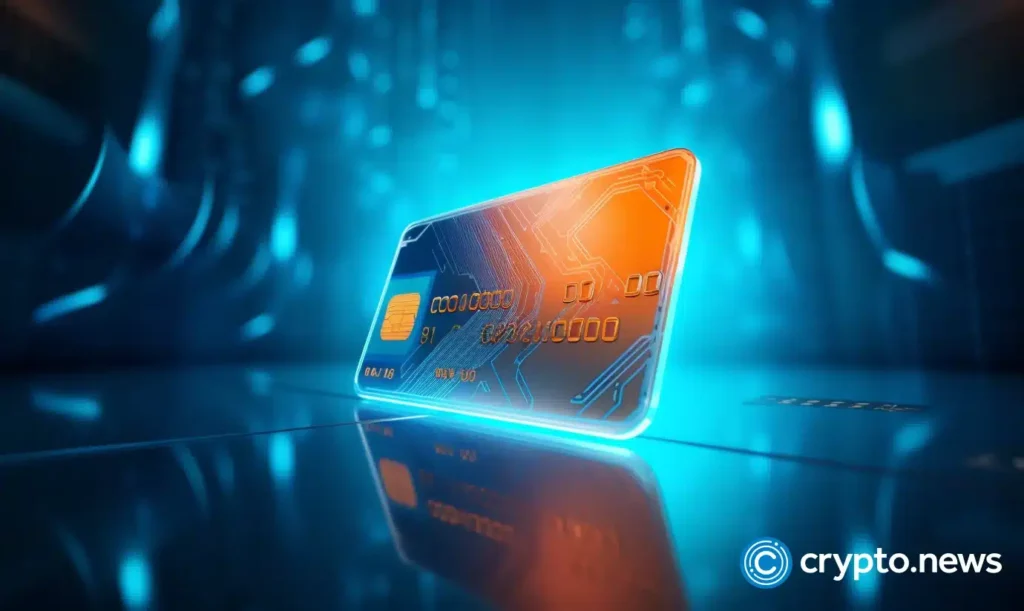Visa has successfully concluded its participation in the Hong Kong Monetary Authority’s (HKMA) pilot program for a central bank digital currency (CBDC) with HSBC and Hang Seng Bank.
The program, which is part of the city’s broader “Fintech 2025” strategy, aims to explore the practicalities and benefits of a digital Hong Kong dollar (e-HKD).
The initiative, announced on Nov. 1, focuses on the tokenization of bank deposits. This process involves the conversion of money held in banks into digital tokens on a blockchain ledger backed by the bank’s balance sheet.
Visa’s report from the pilot program highlighted the efficiency of the system, noting that interbank transfers were completed in near real-time. This was a significant improvement over traditional banking systems, which are typically restricted to business hours and do not operate on weekends.
During the pilot, Visa tested its blockchain networks around the clock, leveraging support from global teams across different time zones. The company emphasized the enhanced privacy and security of the transactions, which were encrypted to ensure that details such as participant identities, balances, and transaction amounts remained confidential to those outside the banking circle.
Looking ahead, Visa is setting its sights on the burgeoning field of tokenized assets and programmable finance. The company cited an example from the pilot involving property payments, where the transfer of funds to a developer could be automated, thus streamlining the process and reducing delays.
Following the promising outcomes of the initial phase, the e-HKD program is set to progress into its second phase.
Hong Kong’s e-HKD pilot showcases CBDC potential
Visa’s involvement in the program began in May when it was selected as one of 16 entities to take part in the first round of e-HKD pilots slated for 2023.
The HKMA launched the e-HKD pilot in November 2022 to evaluate the feasibility of a proprietary CBDC. The first phase of the program delved into various applications, including comprehensive payment solutions, programmable and offline payments, as well as the tokenization of deposits and settlement of Web3 and tokenized asset transactions.
The results from the first phase have underscored the advantages of programmability and tokenization, which could offer significant benefits to both consumers and businesses in Hong Kong.
The e-HKD project is structured around a “three-rail” approach. The first rail establishes the technological and legal framework for the digital currency, the second rail tests use cases and conduct pilot programs, and the third rail will oversee the official launch of the e-HKD, informed by insights from the earlier stages.
In addition to the e-HKD project, the HKMA is also engaged in Project mBridge, a collaborative effort with other central and commercial banks to enhance cross-border payments. The project aims to make these transactions faster, cheaper, and more transparent.
HKMA CEO Eddie Yue announced on Sep. 25 that Project mBridge is set to expand and move towards commercialization, welcoming new banking partners from China, Hong Kong, Thailand, and the United Arab Emirates.
Read the full article here

